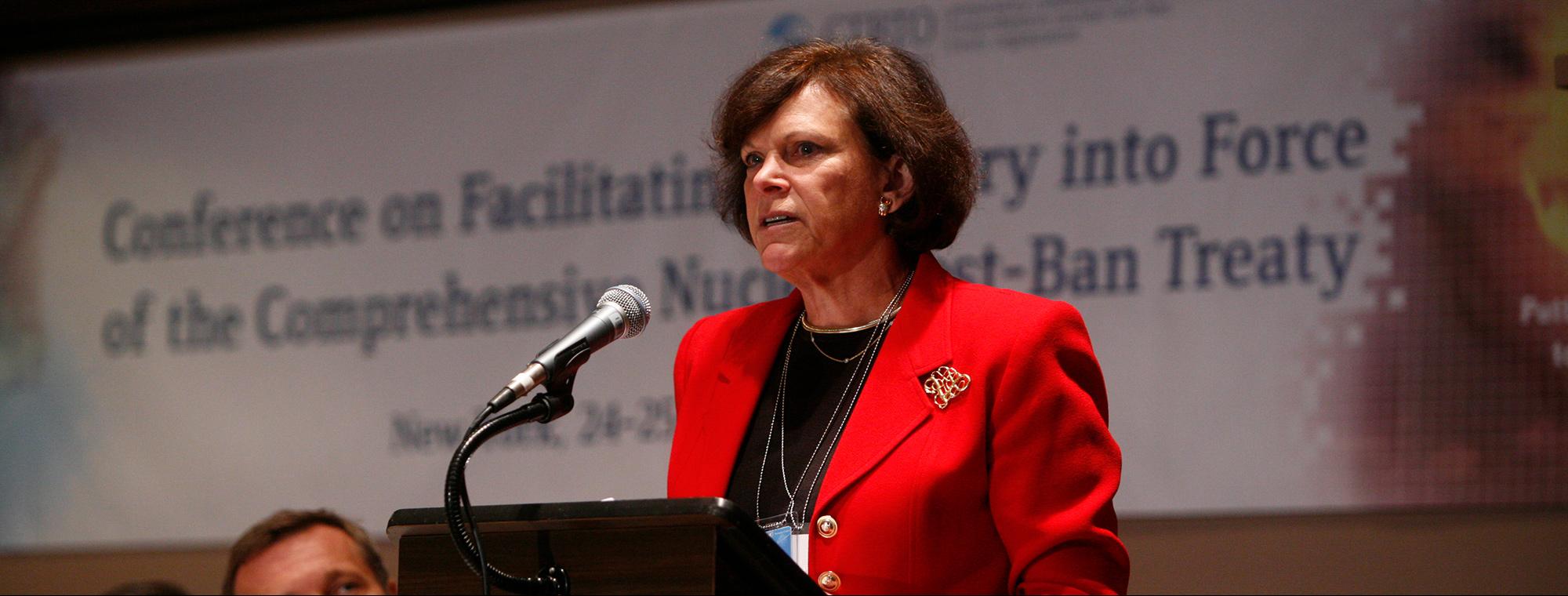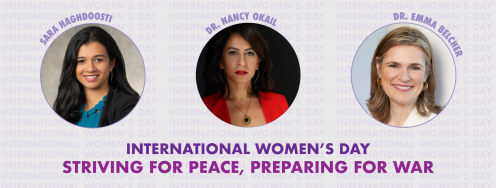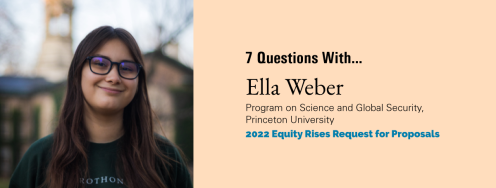SUBSCRIBE:
“It has become a reflex that if you vote against military expenditures, then you must not be as patriotic as people who vote for them,” Jessica Mathews explained during her interview on the Ploughshares Fund podcast, Press The Button. “Now, the only debate that happens year after year is not whether we should cut something or what we should cut. It’s how big the growth should be for that year.”
Mathews points to two factors that help explain this phenomenon. The first is the desire among Congressional Democrats to establish “legitimacy” on defense-related issues. In short, they would no longer be the party of “no.”
“The other thing that happened was that as soon as the Republicans took control of the White House and Congress, they suddenly forgot their concern with deficits,” Mathews continued. “Those two things came together and the result is there is no pull back on spending at all.”
Mathews was president of the Carnegie Endowment for International Peace for 18 years and has enjoy a long and distinguished career in government and the non-government organizations. She says that this spending spree has been masked in part by misleading statistics. “Everywhere you read defense spending is only 3-4 percent of GDP,” said Mathews. “That’s the wrong denominator. The key is how big of a portion of the federal budget it is, specifically discretionary spending.”
Currently, the defense budget consumes over 60 percent of the discretionary budget, crowding everything else the government does - education, infrastructure, diplomacy, law enforcement - into the remaining two-fifths.
“The budget is the way citizens say ‘here’s what we care about, here’s what we want the government to do,’” Mathews continued. “And right now 60 percent of it goes for national defense. That’s too much. It’s not sustainable.”
“Some of it is habit,” Mathews explained, pointing out the last seventy years. “We’ve built this extraordinary and effective [military] that we’re proud of, and it’s the best in the world by far.”
But it is a military increasingly detached from a larger strategic purpose, she continued. “We are still building tanks. We have six thousand tanks. The last time we used tanks in war - which was in Iraq - we used seventy five of them.”
What the United States needs now, Mathews maintained, is a new national strategy to replace a post-Cold War consensus that mostly mirrors its immediate predecessor - in function if not form. That is easier said than done, she admitted. The traditional reliance on a large, capital-intensive military with an enormous global footprint “is sort of embedded in our brains.”
But with the election of Donald Trump in 2016, “it was clear that the consensus had run out of gas.”
“People are now starting to ask these questions,” Mathews explained. “What is the role for the United States? How much of a burden do we want to carry? What do we think about China? Can we look honestly at what threats we actually face, and stop the autopilot on which the defense budget has worked on for so long?”
Unfolding events could provide new insight, too. “It may be that as we try to end the Afghanistan War at last and we look at what we were able to do and not do there,” she continued “it will be easier to see that we kind of lost our way in the period of national chest beating after our victory in the Cold War.”
“This may be a period of ending a chapter,” she concluded. “That’s what I think is the best circumstance. This is the time to end.”
For more, read Mathews' essay in The New York Review of Books or listen to her interview on Press The Button.
Photo: President of Carnegie Endowment Jessica Mathews makes a statement during the Conference on Facilitating the Entry Into Force of the Comprehensive Nuclear-Test-Ban Treaty. Flickr / The Official CTBTO Photostream (cc)












